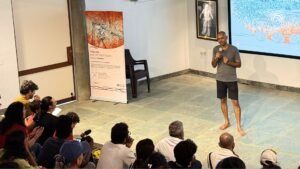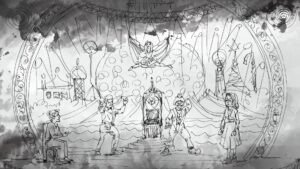Auroville was founded with the aim of creating a new kind of society, one that was free from the constraints of traditional power structures and cultural norms. However, as with any community, Auroville is not immune to the legacy of colonialism and the power dynamics that it has created. It is important for members of the community to acknowledge and challenge these attitudes in order to create a more just and equitable society.
One way that colonial attitudes manifest themselves in Auroville is through the treatment of local communities. While Auroville was founded with the intention of creating a new kind of society, it was built on land that was taken from the surrounding villages. The relationship between Auroville and the local communities has been a complex one, with tensions arising over issues of land ownership and resource allocation.
It is important for members of the Auroville community to acknowledge this history and work towards creating a more equitable relationship with the local communities. This includes working to address issues of land ownership and resource allocation, as well as engaging in meaningful dialogue with local community members to understand their perspectives and concerns.
Additionally, there are inherent power structures within Auroville that are reminiscent of colonial attitudes. These power structures can manifest themselves in various ways, from the distribution of resources to decision-making processes. It is important for members of the community to be aware of these power dynamics and work towards creating a more equitable distribution of power and resources.
Overall, challenging colonial attitudes within Auroville is an ongoing process that requires ongoing effort and commitment from all members of the community. By acknowledging the legacy of colonialism and working to create a more just and equitable society, Auroville can continue to be a beacon of hope for those seeking to create a better world.



